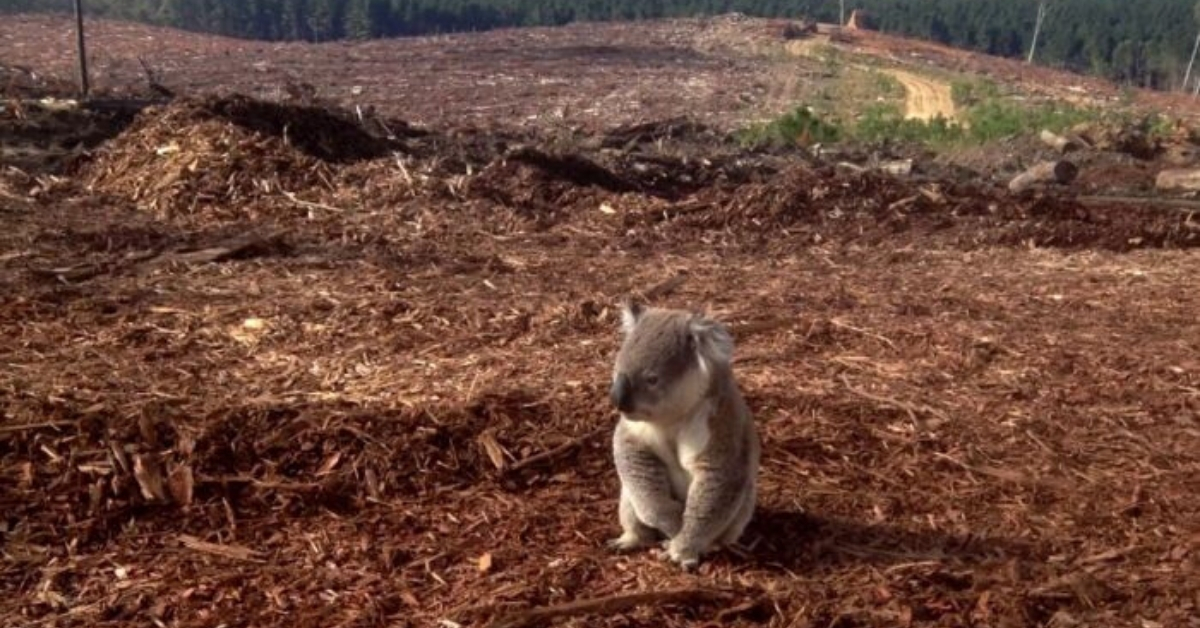
In assessing the environmental impact of any [extractives] project, concern is usually shown for its effects on soil, water and air, yet few careful studies are made of its impact on biodiversity, as if the loss of species or animals and plant groups were of little importance.... Alternatives exist which at least lessen the impact of these projects, like the creation of biological corridors, but few countries demonstrate such concern and foresight. -Pope Francis, Laudato Si' #35
Extractive industries visibly tear open the land and pollute the air and water. What starts to go missing with such disruption isn’t as easily seen -- the animals, plants, the delicate balance of life that forms an eco-system – but is just as harmful, if not more so.
Many residents of the Dominican Republic have rallied against mining on Loma Miranda, a mountain home to several species of reptiles, amphibians, birds and plants found only there. Loma Miranda also provides most of the local region’s water and acts as a natural barrier, protecting surrounding communities from cyclones and other natural disasters.
Communities in Panama, meanwhile, have been protesting the construction of large-scale hydro-electric dams that are designed to serve as carbon offsets for fossil fuel projects elsewhere. Watersheds have been degraded, once-common bird species disappeared, and areas once abundant with many kinds of fish become nearly dry.
And in the United States, environmentalists are concerned that the Trump Administration’s push for more energy production is threatening previous protections for wildlife. For instance, the Bureau of Land Management has altered its instructions to allow for oil and gas drilling in the habitat of the greater sage grouse, a bird declining in numbers in the sagebrush region of the West.
People of faith are joining the native Gwich’in people in urging Congress to reverse course on opening up the Arctic National Wildlife Refuge for oil exploration. Fossil fuel exploration and drilling threatens tundra wildflowers, the porcupine caribou and migratory birds like the Tundra Swan and the Semipalmated Sandpiper that nest there before wintering in other spots across the United States and around the world.
Environmental groups have filed dozens of lawsuits against the Trump Administration to, among other objectives, protect certain endangered species, ensure that offshore drilling proposals go through the required reviews and prevent mining adjacent to a Minnesota wilderness area.
-------
This resource was developed by the Inter-religious Working Group on Extractive Industries in Washington, DC.
Copyright © 2025 Columban Center for Advocacy and Outreach, Washington, D.C.